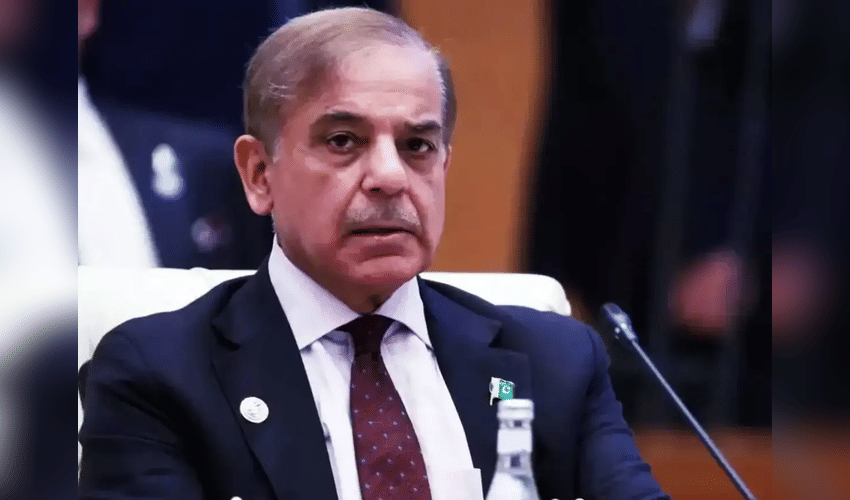World
Pakistan Signals Willingness for Wide-Ranging Dialogue with India on Kashmir and More.

Pakistan’s Foreign Minister and Deputy Prime Minister, Ishaq Dar, recently expressed Islamabad’s openness to engage in comprehensive talks with India that go beyond just the Kashmir issue. Speaking to reporters outside Pakistan's parliament, Dar emphasized that future discussions with India should cover all outstanding matters, marking a significant diplomatic gesture after the intense military clashes in May 2025. This approach contrasts with India’s more restrictive stance, which limits dialogue strictly to terrorism and the return of Pakistan-occupied Kashmir.
Dar outlined Pakistan’s vision of what officials call a "composite dialogue" framework. This approach revisits a format introduced in the early 2000s that includes topics such as Kashmir, cross-border terrorism, trade ties, water-sharing agreements—including the suspended Indus Waters Treaty—and people-to-people exchanges. The composite talks aim to resolve multiple outstanding issues in a holistic manner rather than tackling isolated points one by one. Ishaq Dar had also conveyed this stance earlier in July 2025 during an address to an international think tank, underscoring Pakistan’s willingness to cooperate fully with India on various fronts, including counter-terrorism efforts.
The May 2025 crisis between India and Pakistan was sparked by a brutal terrorist attack in Pahalgam targeting civilians, which led India to launch Operation Sindoor—a swift and precise military retaliation against terror infrastructure in Pakistan-controlled zones. Pakistan responded with its own counterattacks, leading to four days of heightened military tension that were ultimately brought under control through earnest US diplomatic mediation. Dar confirmed that it was the US that initiated ceasefire calls and that Pakistan never sought mediation but was open to peace talks in a neutral environment, highlighting Islamabad’s desire to avoid war.
While Pakistan’s diplomatic outreach shows signs of willingness to reconcile, the gap between the two countries' dialogue parameters remains wide. The insistence by India on preconditions related to terrorism contrasts starkly with Pakistan’s demand for a multi-issue agenda. Although no formal negotiations have been scheduled yet, the maintained ceasefire and dialogue readiness could hold the door open for future diplomatic engagement if political will on both sides aligns in the months ahead.
This nuanced scenario reflects the complex and sensitive nature of Indo-Pak relations, where breakthroughs require addressing deep-rooted mistrust alongside strategic and humanitarian concerns. Monitoring upcoming international diplomatic moves and domestic political shifts within both countries will be key to understanding if this renewed openness from Pakistan may lead to tangible peace-building steps in the region.



